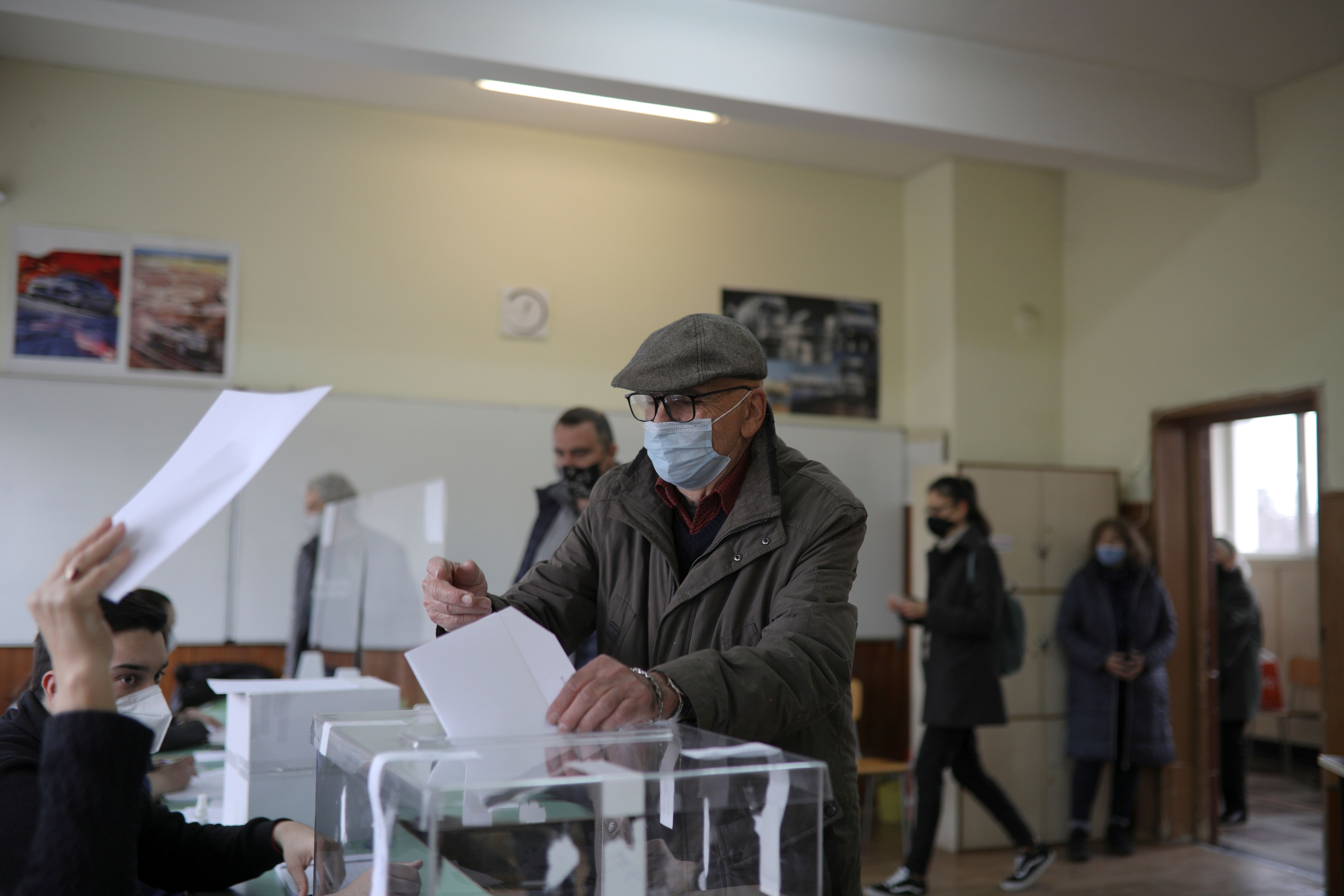Parliamentary Elections in Bulgaria —Anti-System Parties Succeed

How will the new parliament be different?
The balance of power in the 240-member National Assembly has changed significantly. GERB won 26% of the vote and 75 seats in parliament, which is 20 less than in the 2017 elections. The formerly communist Bulgarian Socialist Party (BSP) lost almost half of its MPs and its second position to be the third most powerful with 43 seats (on 15% of the vote). Thanks to the steady support of Bulgarian Turks, the Movement for Rights and Freedoms (DPS) received 10% and 30 MPs. Three new anti-system groups have entered the parliament. The second-strongest faction is the populist big-tent There Is Such A People (ITN) of the celebrity Slavi Trifonov, which won 51 seats on 17% of the vote. The liberal-ecological coalition Democratic Bulgaria (DB) won 9% and 27 seats, while the centre-left alliance Stand Up!Get Out! took 5% and has 14 MPs. In the new term, for the first time since 2005, there will be no nationalist parties, which in the passing term co-ruled with GERB.
What was the reason for the success of the newly elected groups?
The new parties built electoral capital by demanding the removal from power not only of the ruling GERB but all the current establishment. They accuse Borisov of creating, together with DPS, a party in fact controlled by oligarchs, an informal coalition supporting systemic corruption. In turn, BSP, which has alternated governments with GERB, is accused of trying to take over that system instead of liquidating it. The breakthrough for the new parties was the mass protests in the summer and fall in 2020. They undermined Borisov’s assertion that the only alternative to GERB was BSP. Meanwhile, the disclosure of a Russian spy network in the Bulgarian Ministry of National Defence and the parliament two weeks before the elections resulted not only in a decline in support for the pro-Russia BSP, but also in the departure to new parties of some GERB voters, who perceived this as evidence of the weakness of the state under Borisov’s rule.
What are the coalition possibilities?
If the new groups keep to their promise not to cooperate with the existing elites, the political clinch will prevent the formation of a government. Borisov and Korneliya Ninova, the leader of BSP, exclude joint participation (along with DPS) in a grand coalition. The president will first entrust this mission to GERB. If it fails to establish a cabinet, then ITN will get the right to try to form a coalition, although it has already rejected the possibility. After the likely failure to form a government by any third party selected by the president, he will dissolve parliament and announce new elections. That could weaken GERB and BSP even more. Borisov has called for a technical cabinet of experts or the convening of a constitutional assembly, and the socialists, who are now posing as an anti-establishment party, offer support to a potential government of the new parties. However, ITN and DB reject these proposals, declaring their readiness for early elections. A real challenge for Trifonov may also be attempts to break up his big-tent party and include some of his MPs into a coalition with GERB and DPS.
How will the election results affect Bulgaria's foreign policy?
Regardless of the new government’s configuration, Bulgaria will want to tighten integration with the EU, which is supported by the new parties. The main difference between the previously ruling GERB and the largest of these outsider parties—ITN—concerns its attitude towards Russia. By trying to gain the nationalist electorate, which is mostly also pro-Russia, and citing economic considerations, the party signalled its willingness to ease the EU sanctions. In turn, in the dispute with North Macedonia—which prevents that country from opening accession negotiations with the EU—the new parties support the policy of persuading the authorities in Skopje to adopt the Bulgarian vision of Macedonian history, and ITN—far more than GERB—excludes any concessions in this matter. On the other hand, if the new parties join the government and truly implement the fight against corruption and the oligarchy, that may help to break the EU opposition (by, among others, the Netherlands and Austria) to Bulgaria’s accession to the Schengen area.


